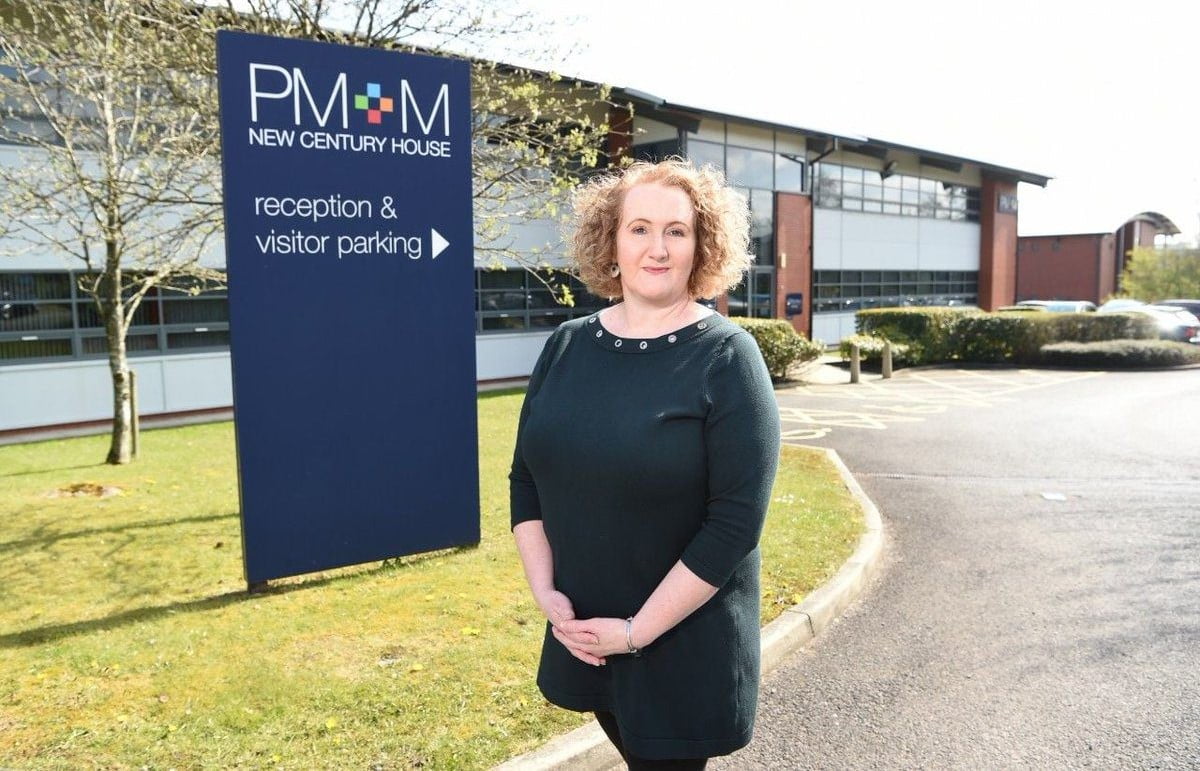In today’s Autumn Statement, the Chancellor lauded the government’s achievement of meeting its target of halving inflation. No one could argue that is a good thing, but some caution is needed as most of that drop has been driven by falling energy prices, and prices are still rising – albeit at a slower rate. However, thanks to the OBR’s reassessment of the public finances, he now has billions of extra economic firepower that has come at just the right time for the Tories as we enter an election year.
Tax
The decision to cut national insurance by 2% for employees is an opportunity to reduce taxes for middle-income families from January 6th 2024. That will play out well, but there is a risk that putting cash in consumers’ wallets could drive up prices when the pressure needs to be on continuing to bring down inflation. I’m also not sure it will do much to actually stimulate wider economic growth and may even require the Bank of England to keep interest rates higher for longer. I would also question why self-employed people are only seeing a 1% drop and why he hasn’t made any matching reductions in employers’ NIC.
Investment
The decision to make permanent the 100% expensing allowance for investment, which allows firms to offset spending on plant and machinery against profits, is great news for big businesses and will be welcomed by industry and business groups. My feeling is that the OBR will probably raise its forecast as result, which will give the Treasury extra income that it can use to balance out the overall cost. However, only a small proportion of businesses use expensing. The vast majority of smaller businesses already get maximum tax relief for their capital expenditure via the £1m annual investment allowance. They won’t see any benefit from what the Chancellor was heralding as the biggest business tax cut in modern British history.
The decision to go ahead and merge the SME and large company R&D tax credit schemes goes against widespread calls to defer the change, but at least it will give businesses certainty about the relief available for their investment. In practice, and in response to much publicised abuse of the scheme, there has been a huge sea change in how HMRC respond to R&D claims and we are seeing a very draconian approach which is slowing down claims and deterring many businesses from attempting to make claims. It is to be hoped that this will settle down soon so that companies genuinely investing in R&D can have the confidence that this will be properly rewarded.
Levelling Up
We have heard various pledges around levelling up economic growth over the past few years. No real benefit has come to fruition as yet, but the announcement of the £150M Investment Opportunity Fund and the extensions of the Investment Zone Programme, including in Greater Manchester, and Freeport tax relief are all sound in theory. Hunt claims these measures will unlock business investment and boost jobs across the UK. Time, as they say, will tell.
Apprenticeships
As a business, we are passionate about nurturing young talent via our own established apprenticeship programme so the news the government is committing to a further £50m for a two-year apprenticeship pilot that will explore new ways of stimulating training in growth sectors is most welcome. Its success, will of course, depend on how it is actually rolled out and implemented.
Pensions
The confirmation that pension triple lock is here to stay was no great surprise. It guarantees pensions rise by inflation or earnings over the previous year, or 2.5%, whichever is highest. The total pay figure in September was highest and will be used to increase the state pension by 8.5%. There had been murmurings that the uplift could be reduced by excluding bonuses, but the formula remains unchanged. I do also welcome his “pot for life” reforms that will now give workers the right to nominate the pension scheme their employer pays contributions into. This will end the difficulties faced by anyone who build ups multiple retirement funds as a result of moving jobs. This kind of simplification will give more control and clarity.
Employment costs
Whilst the 9.8% increase in the National Minimum Wage is appreciated and much needed, no mention was made of how the Chancellor plans to support businesses already under pressure from increasing wage costs. This will be particularly challenging for sectors such as the care sector where wages are the biggest cost and profitability is already tight.
There was also no mention of lessening the inequitable benefits trap which sees low income workers seeing only minimal benefit from working extra hours as their benefits are clawed back. Solving this might have helped unlock some of the additional labour capacity he was so keen to talk about.
Conclusion
Hunt’s claims that the economy has turned a corner are probably true after a series of massive challenges, including the war in Ukraine and the pandemic. Inflation is – of course – now falling but the economy isn’t out of the woods and there is still a risk of recession next year. Over the next few months, the key will be if people start to feel richer and believe their lost spending power is slowly returning or get the confidence to spend some of the £140bn of savings built up during the pandemic. However, it might all come a little too late if he and Rishi Sunak are hoping for a pre-election recovery.



